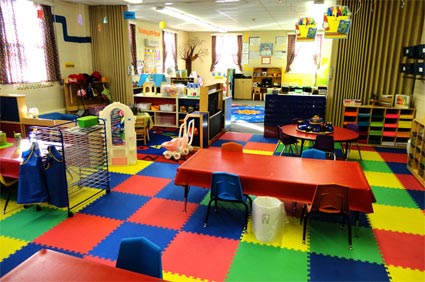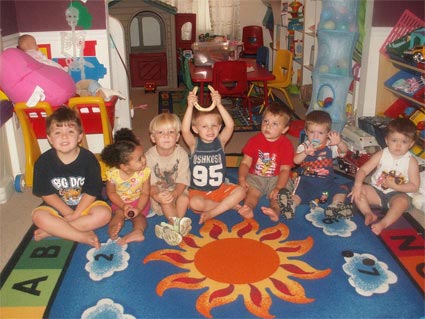Enacting stories has a positive influence in children. It helps in mental development and is great for learning. Children should imbibe this art of enacting stories as it a part of their curriculum. Find out more about story enacting sessions. Read on to know how to help the child to enact a story.Helping children to enact stories can be a fun activity and has the potential to work wonders to the mental development of the child. The process is basically a natural follow through of the reading and story telling sessions. Stories have always been intriguing to the young and tender minds. It can be easily noticed that kids have a natural propensity for enacting characters and situations from the
stories that they have been reading or listening to, if they find them interesting.
Enacting Comes Through Social Constructivism
Like every other activity that you do with your kid, you need to make this one interesting as well. Helping the kids in this regard involves the construction of the gradually developing sense of self or individualism in the child in an atmosphere that they are able to relate it with others. Apparently just a fun activity, it can render a deep impact on the psychological exploration of the child. They learn a lot through the process of exploring themselves and simultaneously relating themselves with others. It also happens to be a multicultural
educational opportunity as well.
How to Encourage the Child in his Attempt to Enact a Story?
Have a quick look at how you can teach your child to enact stories
Sit with Child and Read
Sit with the child and read the story first. This reading session must be a participatory one. Hold the child’s attention to every minute detail regarding a certain event or a character in the story and note that he does not miss out on any little detail.
Discuss with Your Child
Hold a discussion with the child. Ask him whether he liked the story and the reasons behind his like or dislike. Ask whether he felt any particular character was fun or perhaps ask him to name a character by saying, ‘who do you think had such and such characteristics in the story?’
Let Child Take his Time
Give time to the child to come up with proper answers. Allow him to ponder and think hard on what you have questioned him. Clarify, be patient and offer him clues if you feel that he is missing out on some important point.
As you discuss get into some role playing by changing your look by say, bringing in a scarf or a shawl and change your tone as you speak in the voice of the respective character. Try to get in a feel of the environment by adjusting the light of the room. Add in some music as well.
Wait for Right Time
Before long, you will find that the kid gets more and more interested in this drama activity. This is the right time to suggest why not stage a play on this story. As they readily agree it is time to teach them some basic technicalities with regard to stage performances.
Props, Voice Modulation and Confidence
Help him understand simple props like tables, chairs, curtains and lamp shades. Explain how looks change according to the character by wearing a jacket, cloak or a hat. Teach him a little bit of voice modulation. As you explain the character and the situation, this will come more or less naturally to the kid. Finally, just work on his confidence if you find him apprehensive on his performance.
It is optional on whether you would like to take the kid to a children’s theater so as to give him an idea on what a drama or a play is like. Kids can feel more excited as they watch the play and are keen to do something similar back home. But some kids might get so overwhelmed that they fear that they may not match what they have seen on stage and tend to withdraw into their shells.
So you need to anticipate your kid’s reaction and decide whether you should visit a theater first. But once you have taken care with the explanation of the story, your kid will be more than ready to amaze by his acting skills!
































